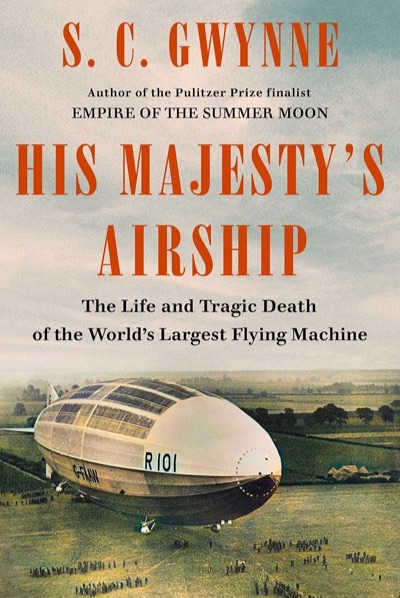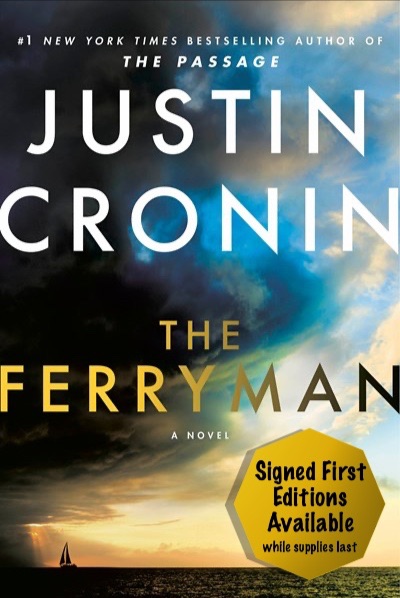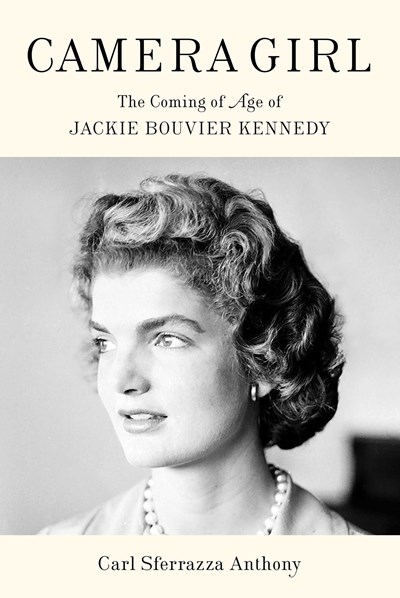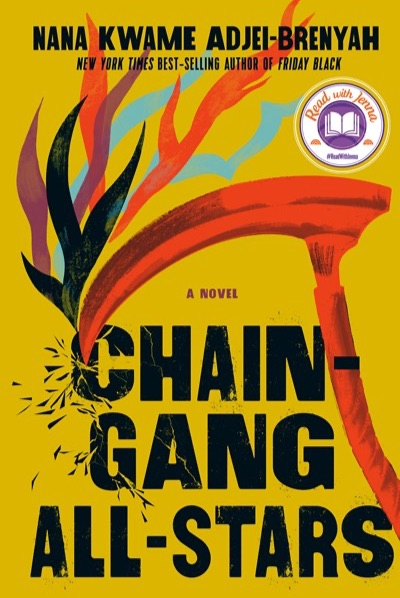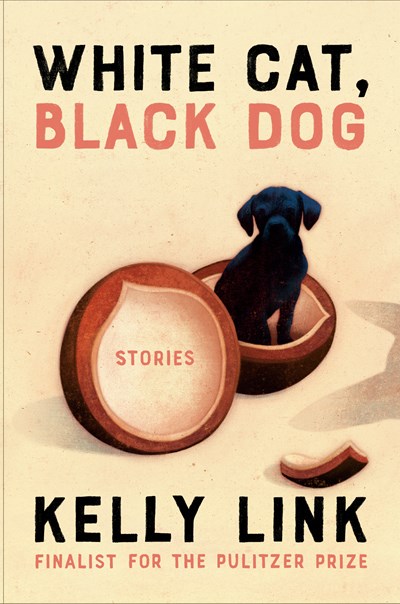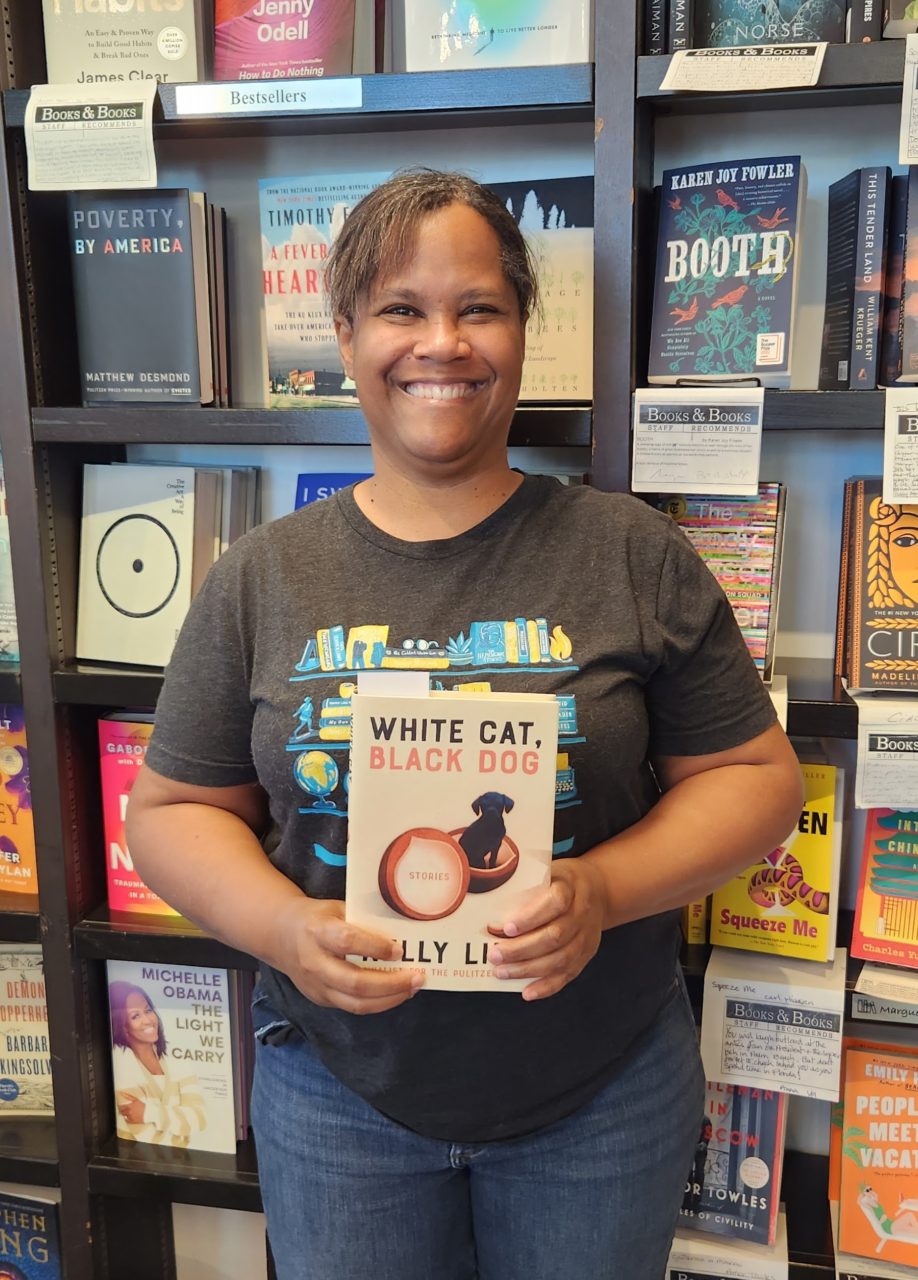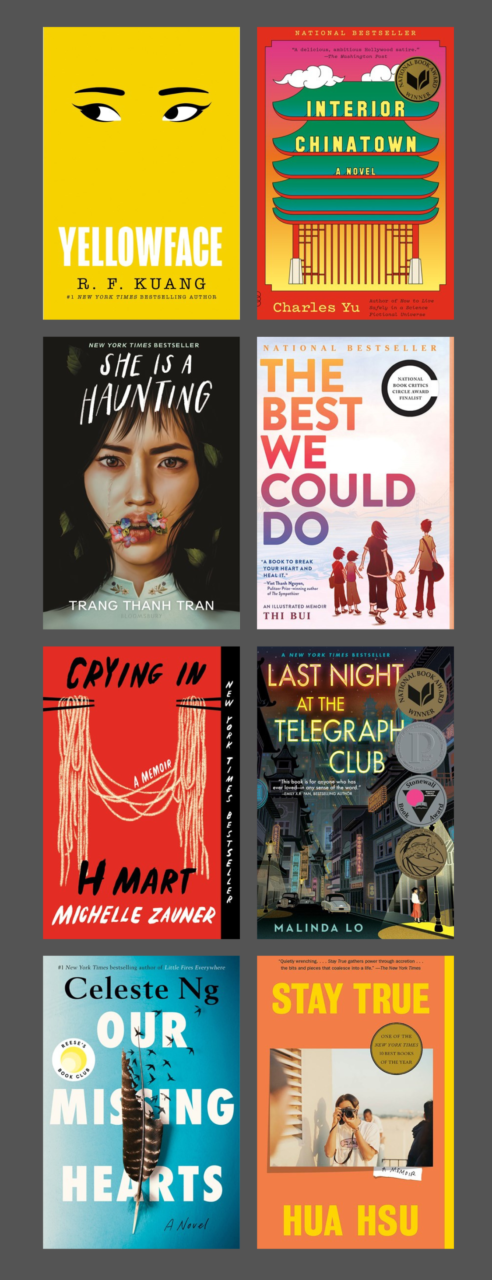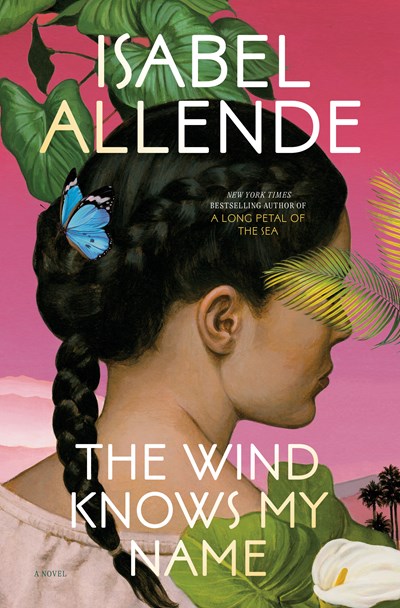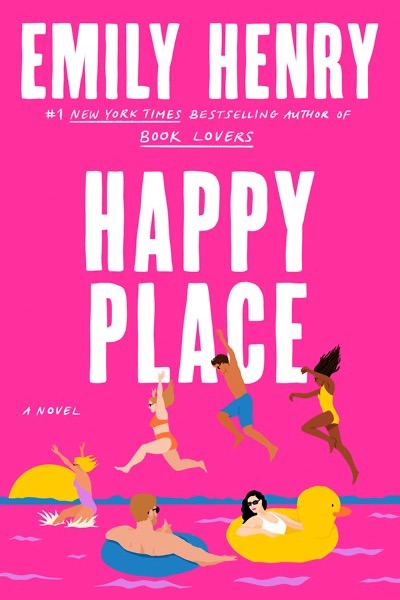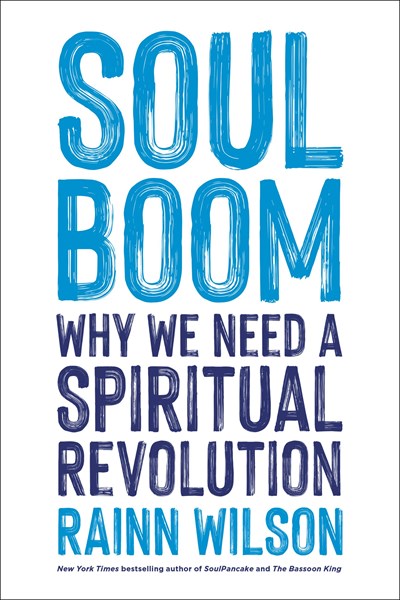Here are some of the books we are reading and recommending for Asian American & Pacific Islander Heritage Month. Find many more in store, and don’t hesitate to ask for a recommendation.
Yellowface by R. F. Kuang, out May 16
White lies. Dark humor. Deadly consequences… Bestselling sensation Juniper Song is not who she says she is, she didn’t write the book she claims she wrote, and she is most certainly not Asian American—in this chilling and hilariously cutting novel from R.F. Kuang, the #1 New York Times bestselling author of Babel.
Interior Chinatown by Charles Yu
From the infinitely inventive author of How to Live Safely in a Science Fictional Universe comes “one of the funniest books of the year…. A delicious, ambitious Hollywood satire” (The Washington Post).
A deeply personal novel about race, pop culture, immigration, assimilation, and escaping the roles we are forced to play.
She Is a Haunting by Trang Thanh Tran
This house eats and is eaten . . .
When Jade Nguyen arrives in Vietnam for a visit with her estranged father, she has one goal: survive five weeks pretending to be a happy family in the French colonial house Ba is restoring. She’s always lied to fit in, so if she’s straight enough, Vietnamese enough, American enough, she can get out with the college money he promised.
But the house has other plans.
The Best We Could Do by Thi Bui
An intimate and poignant debut graphic novel portraying one family’s journey from war-torn Vietnam, from Thi Bui.
This beautifully illustrated and emotional story is an evocative memoir about the search for a better future and a longing for the past. Exploring the anguish of immigration and the lasting effects that displacement has on a child and her family, Bui documents the story of her family’s daring escape after the fall of South Vietnam in the 1970s, and the difficulties they faced building new lives for themselves.
Crying in H Mart by Michelle Zauner
From the indie rock sensation known as Japanese Breakfast, an unforgettable memoir about family, food, grief, love, and growing up Korean American—“in losing her mother and cooking to bring her back to life, Zauner became herself” (NPR)
Last Night at the Telegraph Club by Malinda Lo
Seventeen-year-old Lily Hu can’t remember exactly when the feeling took root—that desire to look, to move closer, to touch. Whenever it started growing, it definitely bloomed the moment she and Kathleen Miller walked under the flashing neon sign of a lesbian bar called the Telegraph Club. Suddenly everything seemed possible.
But America in 1954 is not a safe place for two girls to fall in love, especially not in Chinatown. Red-Scare paranoia threatens everyone, including Chinese Americans like Lily. With deportation looming over her father—despite his hard-won citizenship—Lily and Kath risk everything to let their love see the light of day.
Our Missing Hearts by Celeste Ng
Twelve-year-old Bird Gardner lives a quiet existence with his loving father, a former linguist who now shelves books in a university library. His mother Margaret, a Chinese American poet, left without a trace when he was nine years old. He doesn’t know what happened to her—only that her books have been banned—and he resents that she cared more about her work than about him.
Then one day, Bird receives a mysterious letter containing only a cryptic drawing, and soon he is pulled into a quest to find her. His journey will take him back to the many folktales she poured into his head as a child, through the ranks of an underground network of heroic librarians, and finally to New York City, where he will finally learn the truth about what happened to his mother, and what the future holds for them both.
Stay True by Hua Hsu
In the eyes of eighteen-year-old Hua Hsu, the problem with Ken—with his passion for Dave Matthews, Abercrombie & Fitch, and his fraternity—is that he is exactly like everyone else. Ken, whose Japanese American family has been in the United States for generations, is mainstream; for Hua, the son of Taiwanese immigrants, who makes ’zines and haunts Bay Area record shops, Ken represents all that he defines himself in opposition to. The only thing Hua and Ken have in common is that, however they engage with it, American culture doesn’t seem to have a place for either of them.
But despite his first impressions, Hua and Ken become friends, a friendship built on late-night conversations over cigarettes, long drives along the California coast, and the successes and humiliations of everyday college life. And then violently, senselessly, Ken is gone, killed in a carjacking, not even three years after the day they first meet.
Determined to hold on to all that was left of one of his closest friends—his memories—Hua turned to writing. Stay True is the book he’s been working on ever since. A coming-of-age story that details both the ordinary and extraordinary, Stay True is a bracing memoir about growing up, and about moving through the world in search of meaning and belonging.
